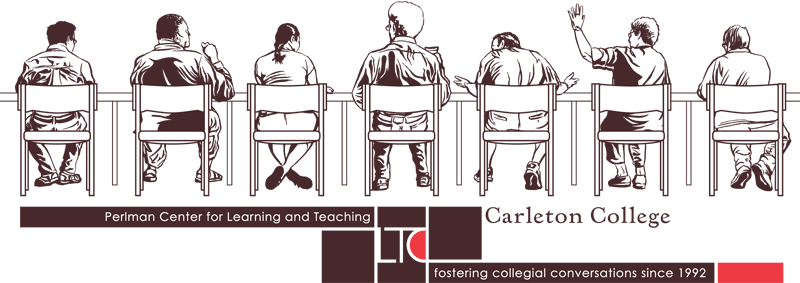One of the LTC responsibilities I particularly enjoy is the chance to talk with new faculty, visitors and tenure-track, during the LTC new faculty mentoring lunches. Over the course of this year, I’ve had the chance to have many conversations with junior and senior faculty about mentoring. Although the formally-assigned faculty mentor and the LTC mentoring lunches are designed to provide new faculty support throughout the first two years, current conversations on mentoring in the faculty development world focus on the importance of helping new faculty develop a network of mentors. Supporting new faculty as they consider the opportunities, responsibilities, and challenges in the professional spheres of teaching, research, and service and in the personal sphere is too important to be the responsibility of just one or two mentors. The National Center for Faculty Development and Diversity (NCFDD) has developed a mentoring network map, which invites new faculty to consider the many different people who can provide support and advice in different areas.
While the assigned formal mentor will always have a role to play in supporting junior faculty, everyone at Carleton has a stake in helping junior faculty members succeed. Department chairs and seniors colleagues should check in with each other about their observations of and support for junior colleagues so that they do not give junior colleagues markedly different advice. Senior colleagues might want to ask junior faculty if they have mentors in their discipline outside of Carleton who can provide guidance about scholarly and creative projects. The NCFDD notes that the people who have personalities and viewpoints that are well-suited for providing feedback and strategies at the early stage of a scholarly or creative project are not necessarily the same people who are well-suited for providing feedback and strategies as a project nears completion; multiple mentors are important. Department chairs might want to ask whether junior colleagues are using their assigned Carleton mentor, and if not, whether they have developed relationships with other trusted colleagues at Carleton who can provide mentoring. The junior-senior faculty observation program is an underutilized LTC program that allows members of our community to learn from and support each other in our teaching. Ideally, junior faculty members would have multiple people to support them in different domains, and as a community, I’d like to see us encourage the development of a network of mentors.
If you would like more information about the NCFDD mentoring network map or have suggestions about how we can encourage one another to cultivate a community of mentors, I would welcome conversation.
